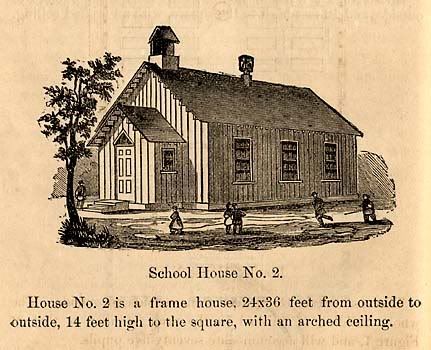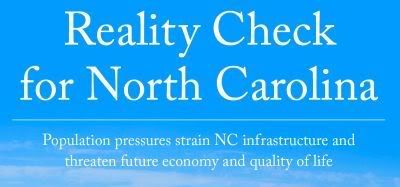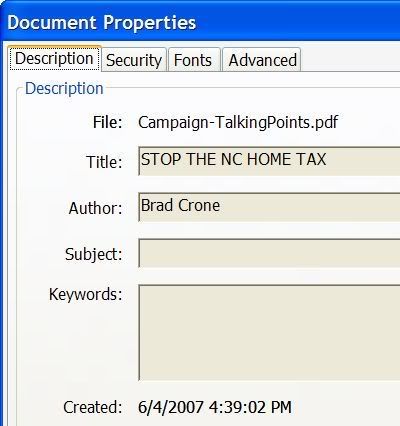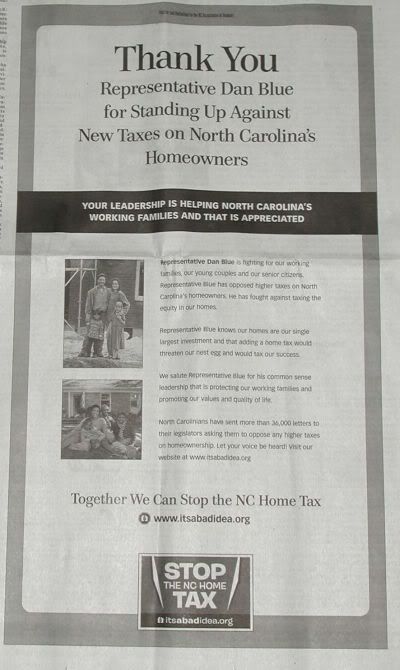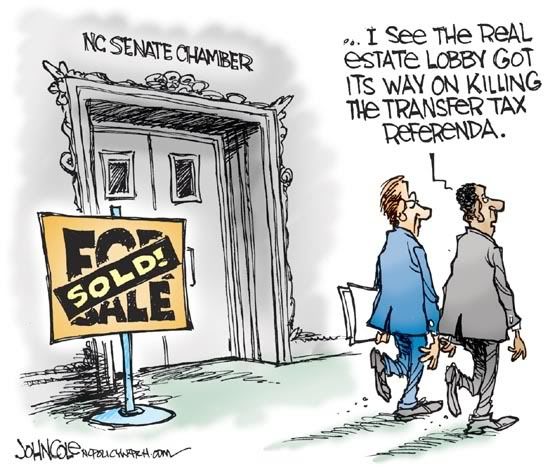The realtors and homebuilders continue their attacks in the now desperate effort to deny people the right to vote on how to build schools in their own communities.
The latest attack comes as a radio commercial against this columnist by name, trying to use my past opposition to a statewide referendum on the lottery to somehow prove that my support for letting local communities vote on a transfer tax is inconsistent.
Tim Minton of the Homebuilders is the voice of the ad and says he wants to set the record straight. If only that were true.
Minton says that when I was debating the lottery two years ago I said “there is a strong argument that a referendum is unconstitutional and that government does not work by making budget decisions using referendums, even for tax hikes.”
Minton is right. I did say those things about a statewide lottery referendum. North Carolina is not an initiative and referendum state. Citizens cannot petition to put issues on a statewide ballot. John Sanders, the former director of the Institute of Government, has made a convincing argument that a statewide referendum is unconstitutional but the issue has never been decided by the courts.
Local referenda on the other hand have been authorized by the General Assembly and used several times by local governments. Mecklenburg County, for example, approved a half-cent sales tax increase to pay for mass transit funding in a county-wide vote in 1998. Unlike with statewide referenda, there is clear case law to support the ability of the General Assembly to authorize the local votes.
That’s not something Minton and the Homebuilders want you to think about. They’d rather attack me than talk about their misleading campaign to deny you the right to vote.
The rest of the ad says that I support referendums now because I want you to pay a real estate transfer tax that Minton says will cost you thousands of dollars when you sell home.
That’s not true either. What I want is the realtors and homebuilders to stop using their billions in profits to mislead us about their refusal to let the people in every county in North Carolina decide if the realtors and homebuilders ought to help pay for the growth that is bringing them their billions.
And let’s stop all the talk from the deniers of democracy about how much they are worried about the effect of a small transfer tax on the affordability of buying a home. The realtors six percent commission takes 15 times more from someone selling a house than the point 4 percent transfer tax proposed by the State House.
This isn’t about my position two years ago on the lottery or how that relates to how I feel about the transfer tax. Those positions are not inconsistent, but that’s not the point.
The bottom line is that the Homebuilders and the Realtors want to protect their billions in profits with their misleading media campaign, their well-connected lobbyists and their $880,000 in campaign contributions to state legislators.
We do have one thing in common. We are both consistent. I support allowing local governments to give voters the right to decide how to pay for schools and other infrastructure improvements. The Realtors and Homebuilders desperately want to deny you that right.
They simply can’t hide from that, no matter how much television and radio time they buy.

